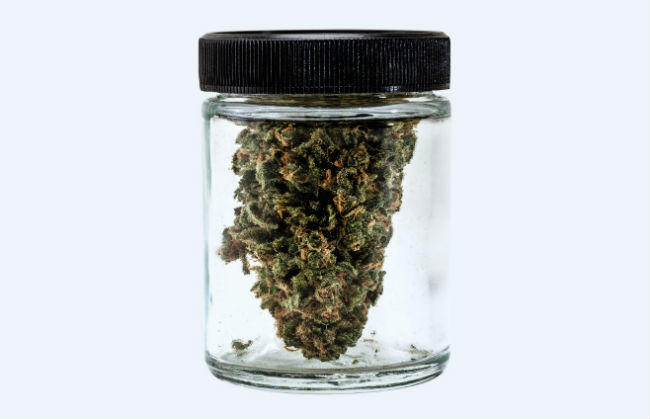Should address safety, accommodation, performance concerns

(Note: This article originally appeared in Canadian HR Reporter Weekly, our new digital edition for subscribers. Sign up today to make sure you don't miss future issues: www.hrreporter.com/subscribe.)
The legalization of cannabis is slated to take effect in Canada this summer — a development that many in America consider “progressive.”
That assessment is not surprising given that, in much of the United States, employers can declare themselves “drug-free,” require that all employees undergo drug testing, and fire anyone who fails the test.
The legalization of marijuana in the U.S., however, is handled on a state-by-state basis and there is movement in some jurisdictions to adopt a more disability-minded approach. These changes are partly prompted by recent court decisions in three different states with legalized cannabis that have applied a “disability” lens to medicinal cannabis questions. Employers south of the border will be looking to Canada to see how they prepare for the possibility of cannabis in the workplace, whether for medical or recreational use.
Particular concerns about safety, accommodation and performance can be addressed in clear HR policies. Here are some points to keep in mind:
Open the lines of workplace communication
•Legalizing cannabis represents a cultural shift — one not everyone agrees with. If an employer starts the conversation, others will speak more openly.
•Recognize that when something that was illegal becomes legal (such as alcohol after Prohibition), there may be a rush to exercise new freedoms. It’s imperative to ensure employees understand what is and isn’t permitted in the workplace.
•Acknowledge that just because something is legal, it doesn’t mean it is without risk (such as alcohol or cigarettes), so policies are important.
•Discuss new policies and inform employees about the new policies — not just what they say, but why and how they will be enforced.
•Acknowledge and address concerns employees and managers may have, such as second-hand smoke, safety, and substance abuse by co-workers.
Appoint an in-house HR lead to deal with cannabis in the workplace
•Provide a single contact to handle all questions and develop expertise on the subject.
•One point of contact ensures consistency of application of new policies and equity.
•The single source can track issues to determine whether policies need clarification.
Align policies with disability management
•Let employees know how managing cannabis in the workplace is similar to, or different from, policies regarding alcohol and other medications.
•Recognize that testing is not effective for cannabis intoxication as tetrahydrocannabinol (THC) can be present in the bloodstream for a long period of time without necessarily causing impairment, unlike alcohol.
•Explain why any alcohol policies are different from those for cannabis: Alcohol is not medicinal, but cannabis can be the best treatment for some conditions.
•Ensure that employees understand that even if they present a note from a doctor prescribing marijuana for medical reasons, the employer may decide to get a second opinion from an occupational health physician or a cannabis specialist to see if another medication or dosage would work just as well.
This situation is more likely to arise if the employee has a safety-sensitive job or there have been substance abuse issues before.
•Address employee concerns about confidentiality. Disclosing medicinal use of cannabis also means the employee will have to share reasons for use. Discuss how privacy can be protected even if treatment is required at work.
Implement manager training
•If there is no effective test for cannabis impairment, managers will need to rely on their own observations to raise concerns about impairment or abuse.
•Outline the process for addressing concerns if managers notice a decrease in an employee’s productivity or change in work habits, and how managers should raise and address issues with employees.
As attitudes towards cannabis use start to change in North America, more employers will be looking to Canada as an early legalizer, for guidance on workplace policies.
The message should be that effective workplace policies require close attention to not only what to cover, but how to implement change.
Both at Morneau Shepell, Jennifer Fodden is senior manager of the workplace support program in Toronto and Pamela Powell is director of U.S. drug testing in San Diego.




